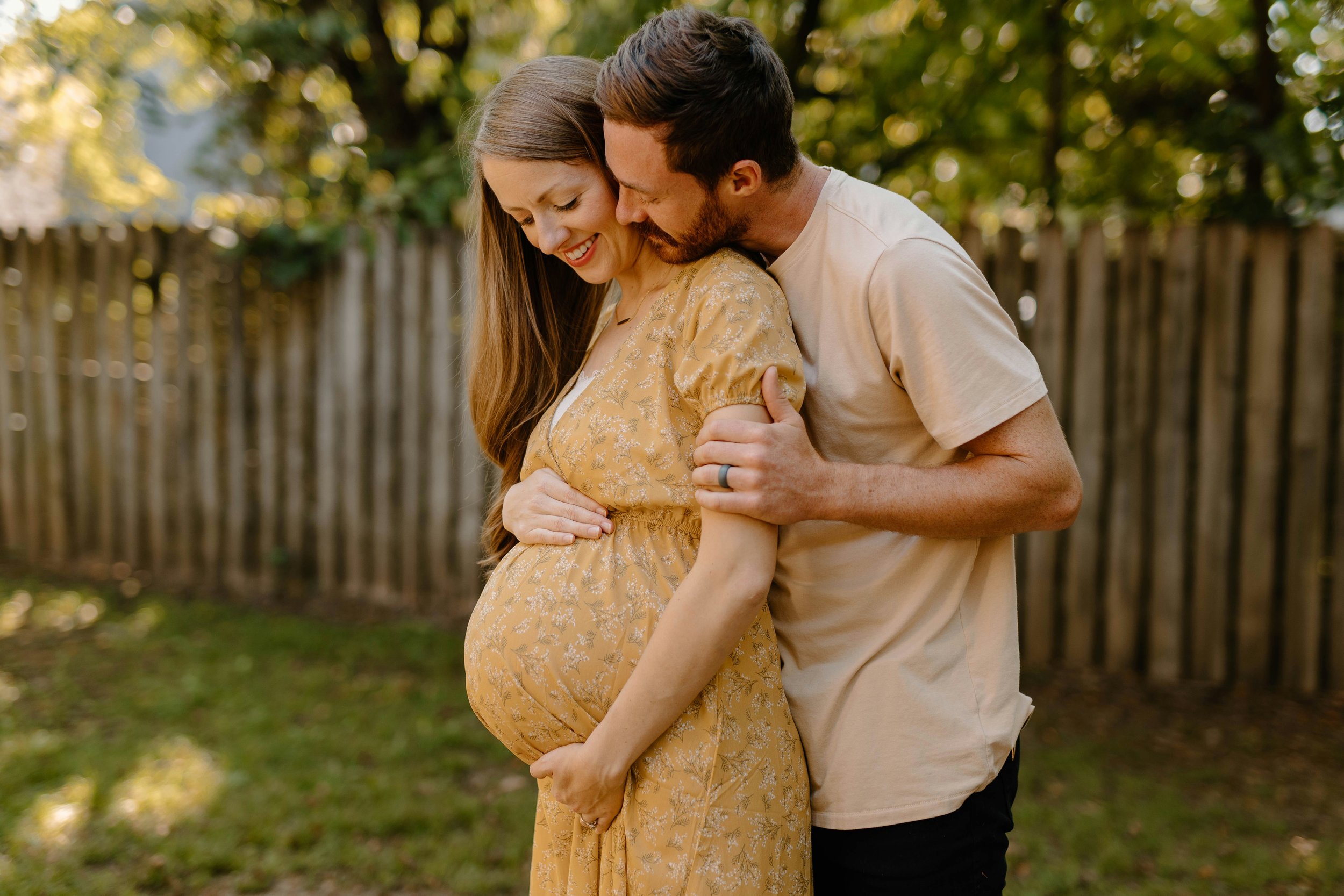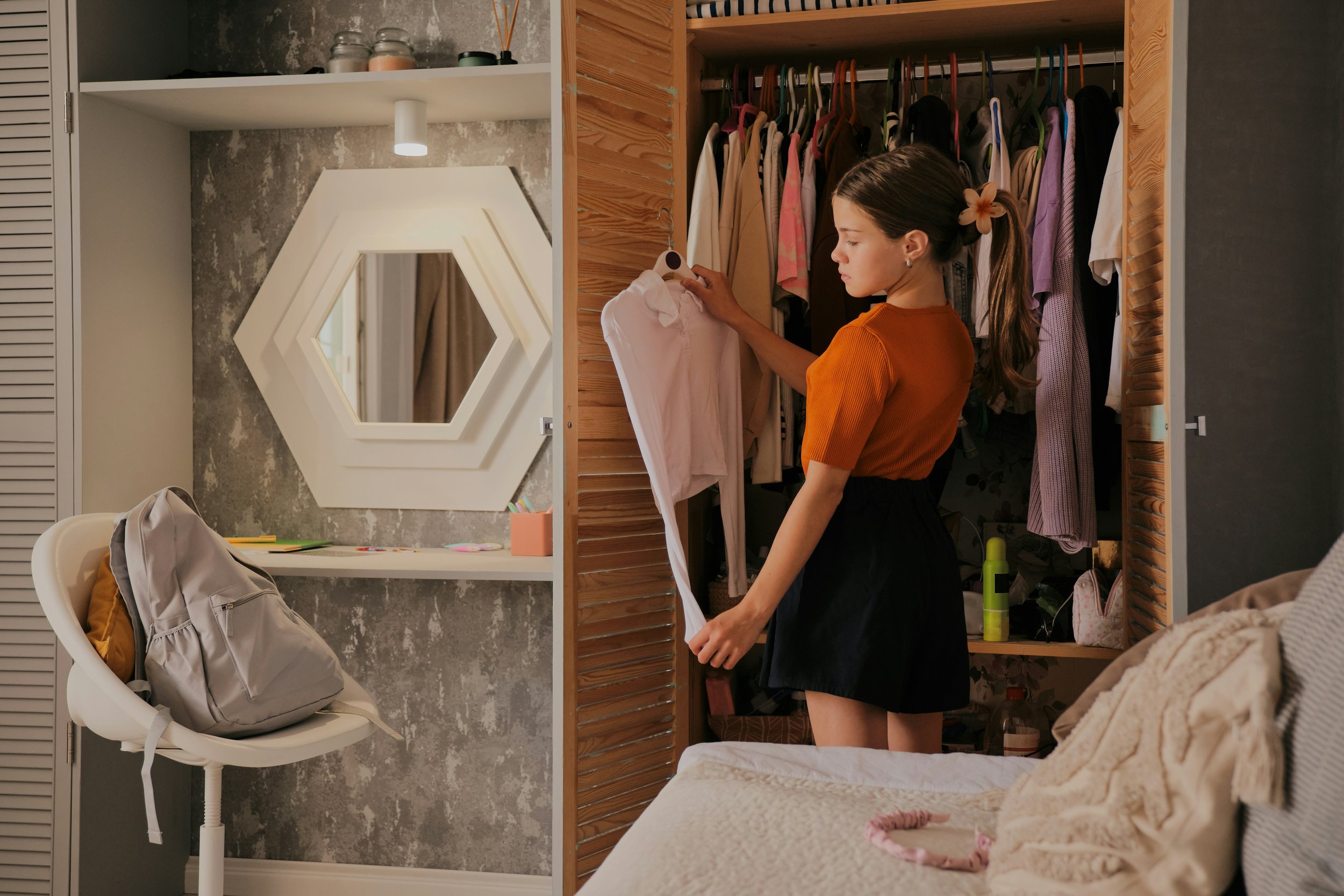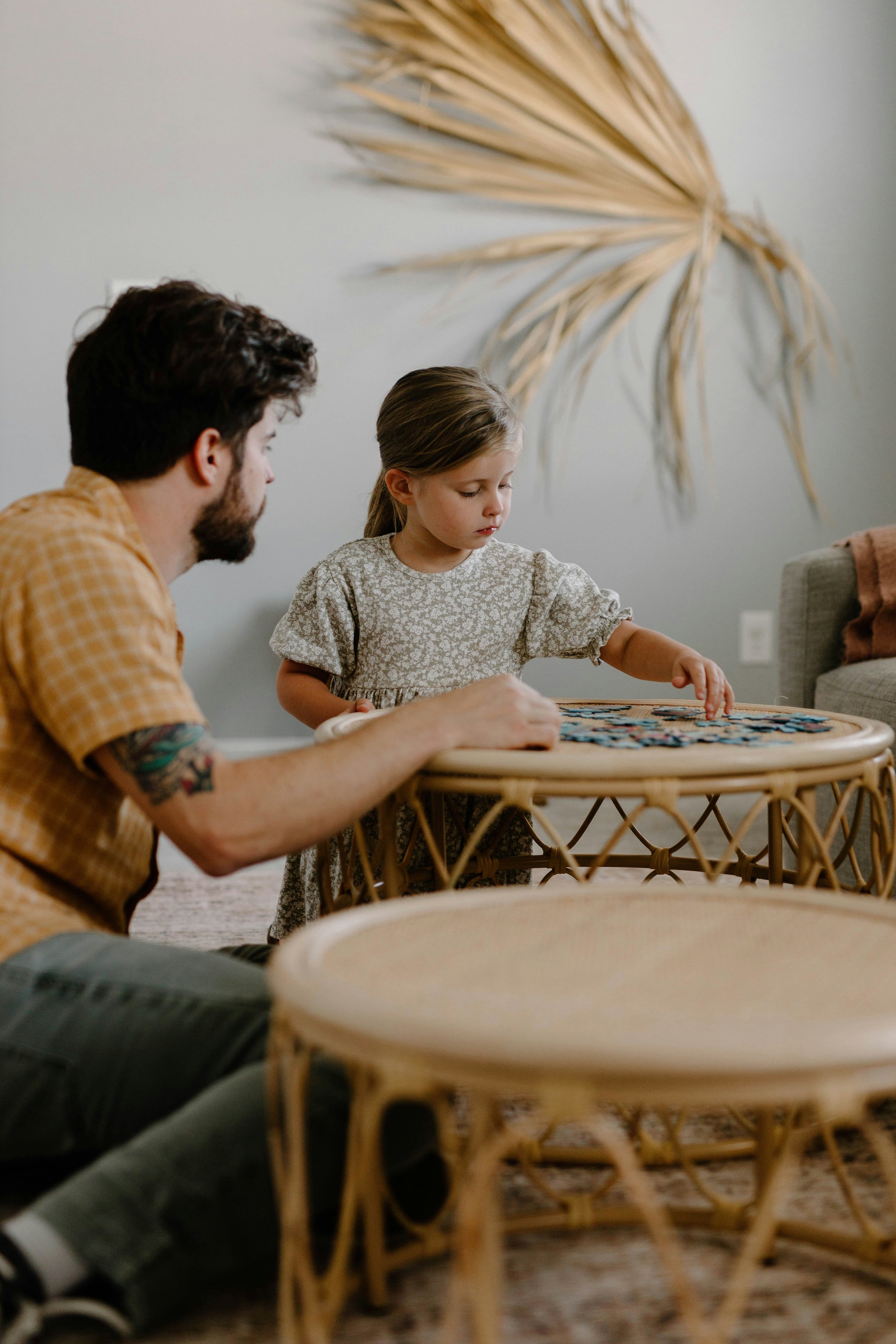Preparing for Your First Baby
There’s nothing quite like the moment you find out you're expecting your first child. It’s thrilling. Surreal. Overwhelming. From picking out onesies to researching prams, the list of “things to do” seems endless. But preparing for a baby isn’t just about ticking off a checklist, it’s about preparing emotionally, relationally, and practically for one of life’s biggest transitions.
As a psychologist and parent, I’ve walked with countless new mums and dads through this season. The truth? While the baby gear is important, the foundations you build in your emotional world and relationship will shape your parenting journey just as much, if not more.
So, how do you prepare in a way that supports your wellbeing, your baby, and your relationship? Let’s look at three key areas:
1. The Practical: Getting Organised Without Getting Overwhelmed
You don’t need everything, but you do need enough. Start with the essentials and remember: babies need love, a safe place to sleep, to be fed, and to be held. The rest is bonus.
A few practical steps:
Create a simple checklist: Cot, car seat, nappies, baby clothes, swaddles, and feeding items (bottles or breastfeeding support).
Prepare your home: Set up safe sleep spaces, a change area, and somewhere comfy for night feeds.
Plan for postpartum: Stock your freezer, organise support from family or friends, and know where to reach out for help if needed.
Know your appointments: Book in hospital tours, antenatal classes, and your baby's GP or child health nurse.
Tip: You don't have to prepare everything alone. Involve your partner, ask questions, and don’t be afraid to say, “I don’t know yet.”
2. The Emotional: Making Room for All the Feelings
Even the most joyful pregnancy can stir up fear, grief, and identity shifts. That’s normal.
Many first-time parents describe a sense of “losing themselves” in the process—especially mums who may be navigating changes in body, career, and expectations.
What helps:
Name your emotions: Anxiety, excitement, uncertainty—there’s room for them all.
Let go of perfection: You won’t get everything right. But showing up consistently with love and curiosity is more than enough.
Talk it out: Whether it’s with a trusted friend, counsellor, or birth class group, voicing what you feel is deeply regulating.
Plan for postpartum mental health: Be aware of signs of perinatal anxiety or depression. One in five mums and one in ten dads will experience it.
Remember: Caring for your mental health is one of the most important ways to care for your baby.
3. The Relational: Strengthening the Team Before Baby Arrives
A baby doesn’t just change your sleep schedule, it reshapes your relationship. Research consistently shows that relationship satisfaction tends to dip after the birth of a child, especially if couples don’t prepare or communicate.
Relational check-ins before baby:
Talk about expectations: Who will do night feeds? How will you make decisions? What support do you need from each other?
Strengthen your friendship: Go on a few dates, have fun, laugh. Build the bank of goodwill.
Learn to repair quickly: Tiredness and stress can fray nerves. Practice saying sorry, giving the benefit of the doubt, and asking for what you need.
Make a plan for connection: Even 10 minutes of eye contact and checking in daily can protect your bond.
The most loving thing you can give your child is a secure, connected parenting team.
You won’t ever feel completely ready, and that’s okay. The goal isn’t perfection, it’s preparation.
You’re stepping into something sacred. Not just parenthood, but a new identity, a deeper relationship, and a journey of becoming.
So take a breath. Ask for help. Have the conversations. Cry when you need to. Celebrate the small wins. And remember that your presence, your regulated, loving, human self, is the most powerful gift you can give your child. You’ve got this. And when you don’t, you’ve got support.
Sabrina is a registered psychologist with over 15 years of experience working with families, children, and adolescents.
Based in Brisbane, Queensland, Sabrina offers face-to-face appointments or Telehealth.
To make an appointment click here or call M1 Psychology Loganholme on (07) 3067 9129.
Disclaimer: The information provided on this site is for psycho-educational purposes only and is not meant as a substitute for therapy, counselling, or medical care. If you require personal mental health support, please consult a professional. In case of a crisis, contact emergency services immediately.





















